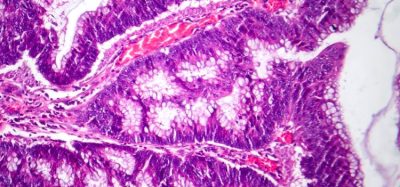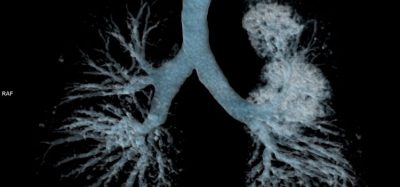Investigational New Drug application approved for LINCL treatment
Posted: 24 January 2020 | Rachael Harper (European Pharmaceutical Review) | No comments yet
The FDA has granted Investigational New Drug application to PLX-200 to treat late infantile neuronal ceroid lipofuscinosis (LINCL).


The US Food and Drug Administration (FDA) has granted an Investigational New Drug (IND) application to PLX-200, developed by Polaryx Therapeutics, for the treatment of late infantile neuronal ceroid lipofuscinosis (LINCL or CLN2) patients.
Neuronal ceroid lipofuscinoses are a group of rare autosomal recessive neurodegenerative lysosomal storage disorders. Among them, LINCL is caused by mutations leading deficiency or loss of function of tripeptidyl peptidase 1 (TPP1). Intracellular accumulation of auto-fluorescent lipoproteins is one of the typical characteristics of LINCL resulting in deterioration of neurons in both the brain and other organs, such as the retina. Patients with the condition suffer from vision loss, severe seizures and declining motor function, leading to premature death.
The company has advanced a unique repurposing drug development strategy to provide patients with a safe and effective oral treatment option.
“We are very excited about the IND approval from the FDA, as this will allow us to advance PLX-200 clinical studies for LINCL patients. We will prepare the clinical trial with PLX-200 as soon as possible,” said Dr Hahn-Jun Lee, MSc, PhD, President and CEO of Polaryx Therapeutics, Inc.
There is a serious unmet need for non-invasive therapies targeted against CLN2 disease”
“CLN2 disease is a rare progressive and fatal neurodegenerative disorder affecting young children,” added Dr Raymond Wang, MD, PhD, the Foundation of Caring Director of the Multidisciplinary Lysosomal Storage Disorder Program at CHOC Children’s Hospital in Orange, California. “There is a serious unmet need for non-invasive therapies targeted against CLN2 disease.
“I congratulate Polaryx Therapeutics for developing its PLX-200 candidate to target this devastating disease and for securing approval from the FDA to proceed with clinical studies to assess the safety, tolerability, and efficacy of PLX-200 for children with CLN2 disease.”
Related topics
Clinical Trials, Drug Development, Formulation, Regulation & Legislation









